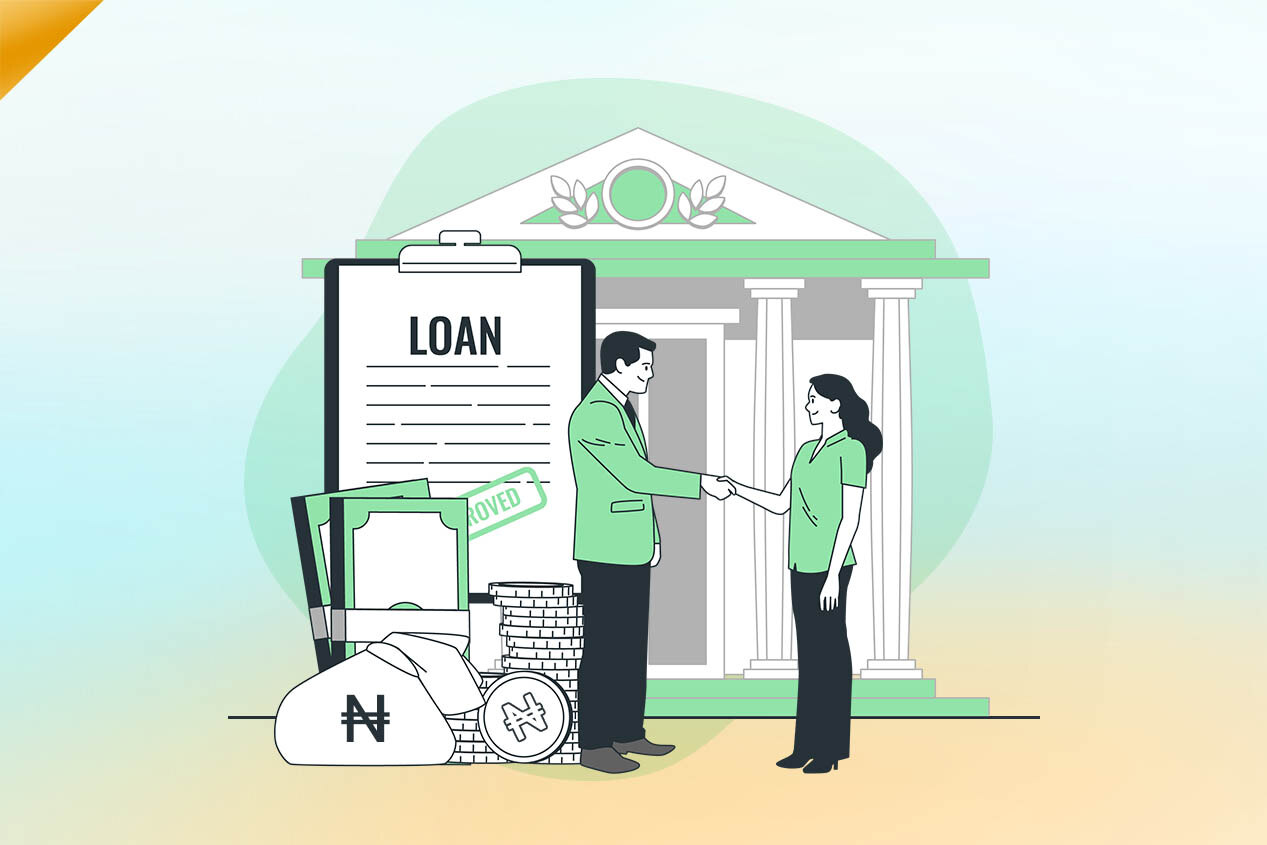
Loans for the Self-Employed in Nigeria: What You Need to Know
Author Taiwo Temitope-Adesope
In Nigeria, the self-employed sector is vibrant and diverse, encompassing a wide range of professionals from freelancers and small business owners to artisans and traders. While being self-employed offers flexibility and independence, it also comes with unique challenges, particularly when it comes to accessing credit.
Traditional lenders often view self-employed individuals as high-risk borrowers due to the irregularity of their income. However, various loan options are available to meet the needs of the self-employed in Nigeria. This article explores these options and provides key insights into what you need to know before applying.
Understanding the Challenges: What Lenders are Concerned About
Self-employed individuals in Nigeria often face several hurdles when trying to access loans:
- Income Instability: Unlike salaried workers with predictable monthly incomes, self-employed individuals may experience fluctuations in their earnings. This irregularity can make it difficult to meet the strict eligibility criteria set by traditional lenders.
- Lack of Collateral: Many self-employed people do not have the collateral required by banks and other financial institutions to secure a loan.
- Limited Credit History: Without a consistent income or a history of borrowing, self-employed individuals may have a limited credit history, making it harder to qualify for loans.
Despite these challenges, there are loan products available that cater specifically to the needs of the self-employed.
Types of Loans Available for the Self-Employed
a. Microfinance Loans
Microfinance institutions (MFIs) are a popular option for self-employed individuals in Nigeria. These institutions offer small, short-term loans designed to help small business owners and entrepreneurs grow their businesses. Microfinance loans typically have more flexible requirements than traditional bank loans, making them more accessible to those with irregular incomes or without substantial collateral.
Best For: Small business owners, traders, and artisans looking to finance daily operations or expand their businesses.
b. Quick Loans
Quick loans can be an option for self-employed individuals needing quick access to funds. These loans are often unsecured, meaning they don't require collateral. However, they usually come with higher interest rates due to the increased risk to the lender. Quick loans can be used for various purposes, from covering business expenses to personal financial needs.
Best For: Freelancers or self-employed individuals with a steady income looking for flexible loan options.

c. Asset Financing
Asset financing allows self-employed individuals to obtain loans secured by an asset they own or intend to purchase, such as a vehicle, equipment, or property. This type of loan is beneficial for those looking to invest in essential business assets. The asset itself serves as collateral, which can make it easier to qualify for the loan.
Best For: Self-employed individuals needing to purchase equipment or other assets to grow their business.
d. Peer-to-Peer (P2P) Lending
P2P lending platforms have emerged as an alternative to traditional lending, allowing individuals to borrow directly from other individuals through an online platform. These platforms often have more relaxed requirements, making them a viable option for self-employed individuals. However, interest rates can vary, and borrowers need to carefully assess the terms before committing.
Best For: Self-employed individuals who may not qualify for traditional loans but have a solid repayment plan.
e. Cooperative Society Loans
In Nigeria, many self-employed individuals belong to cooperative societies, which pool resources to provide financial assistance to members. Loans from cooperative societies are often easier to access, with lower interest rates and more flexible repayment terms compared to traditional banks.
Best For: Members of cooperative societies seeking community-based financial support.
Key Considerations Before Applying for a Loan
Before applying for a loan, self-employed individuals should consider the following:
- Assess Your Income Stability: Evaluate your ability to repay the loan based on your current and projected income. It’s essential to ensure that you can meet the repayment terms without straining your finances.
- Understand the Loan Terms: Carefully read the terms and conditions of the loan, including the interest rate, repayment schedule, and any fees or penalties. Make sure the terms are manageable given your income situation.
- Prepare Documentation: Lenders will require documentation to assess your loan application. This may include bank statements, tax returns, business plans, or proof of income. Ensure you have all necessary documents prepared to avoid delays in the application process.
- Compare Loan Options: Different lenders offer varying loan products with different interest rates and terms. It’s crucial to compare options to find the loan that best suits your needs.
Tips for Improving Loan Approval Chances
To improve your chances of securing a loan as a self-employed individual, consider the following tips:
- Build a Strong Credit History: Regularly use and repay small loans or credit facilities to build a positive credit history. This can make you more attractive to lenders.
- Maintain Accurate Financial Records: Keeping detailed and accurate financial records can help demonstrate your income stability and ability to repay a loan.
Conclusion
Securing a loan as a self-employed individual in Nigeria may come with challenges, but with the right approach and understanding of the available options, it is possible to find suitable financing. Whether you opt for microfinance loans, personal loans, or cooperative society loans, it’s crucial to choose a loan that aligns with your financial situation and business goals.
To ensure you find the best loan product with favourable terms, compare various loan options on nairaCompare. Making an informed choice can help you secure the funding you need while managing your financial future effectively
About Author

Taiwo Temitope-Adesope
Taiwo is a passionate storyteller and strategist dedicated to empowering women and crafting compelling narratives. A First-Class graduate in Mass Communication from Covenant University, she specializes in writing, public relations, and digital marketing. As a Content Manager at Suretree, she drove a 50% increase in web traffic through SEO and boosted website engagement by 60% in just four months. Her leadership experience includes serving as Public Relations Officer for the Covenant University Student Council and contributing to impactful volunteer initiatives. With expertise in strategic thinking and business acumen, Taiwo continues to create stories that inspire confidence and imagination.









